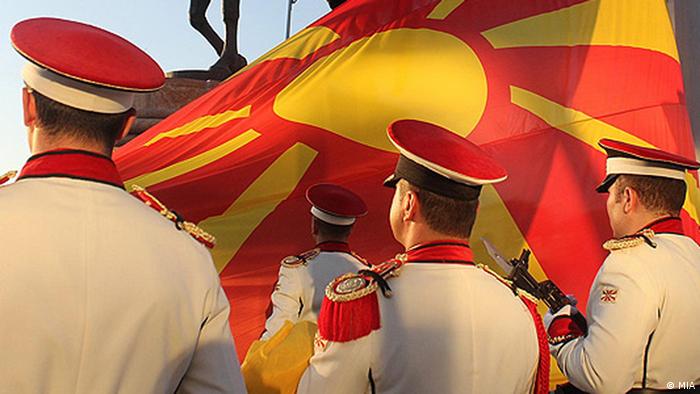Macedonia marks Monday the National Uprising Day – October 11 that broke out 80 years ago, when the National Liberation War and the completion of the birth of the Macedonian state began.
Delegations of the state leadership, socio-political organizations, the Army, fighters, diplomatic corps and guests from abroad will lay flowers in front of the monuments of Metodija Andonov-Cento and Kuzman Josifoski-Pitu and at the memorial complex
The national holiday will also be observed in Skopje and Kumanovo.
The rebellion to liberate the country began after the first Prilep partisan unit attacked the Bulgarian police station and the telephone network in Prilep on Oct. 11, 1941. The next day, the partisans of the Kumanovo unit also organized an attack.
October 11 is considered a continuation of the progressive traditions of the Macedonian freedom-loving people, evident in similar revolts in the 19th and 20th century, but also in efforts made for social and national liberation during the Balkan Wars and the First World War.
By deciding to join the anti-fascist coalition, Macedonia stood on the side of progressive humanity fighting against fascism.
The people won their own freedom. Starting with the first partisan units, the National Liberation Army of Macedonia by the end of the 4-year war was turned into a well-organized, 110,000-strong army with high-ranking military formations.
The years of struggle were crowned by decisions reached at the First Session of ASNOM in 1944 under which the centuries-long ideals for a Macedonian state had become a reality.
The country in 2021 is marking the National Uprising Day as a member of the United Nations and NATO all the while anticipating to hold its first intergovernmental conference with the EU, which marks the start of accession talks with the bloc.




Comments are closed for this post.